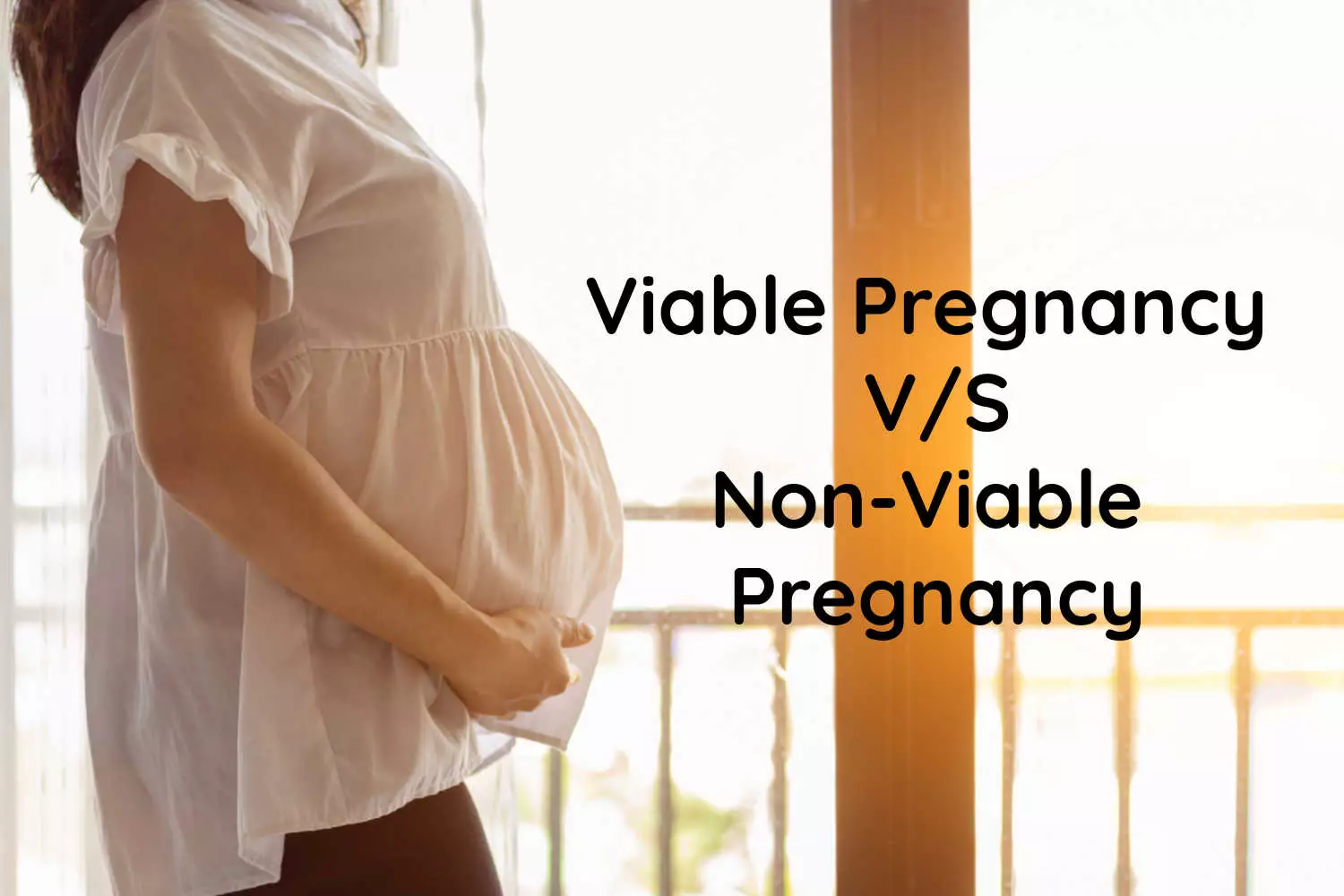
Rubella During Pregnancy: Symptoms & Treatment
5 min readWritten by Sindhuja Prabhu


Staying healthy during pregnancy is extremely important to not only have a successful pregnancy but to also ensure the baby on the inside is not affected either. While the common flu or certain mild illnesses do affect everyone and do not leave any lasting effects on the pregnant mother or the unborn child, there are illnesses that can impair the unborn child for life. One of those serious illnesses is Rubella during pregnancy.
Infection with rubella during pregnancy may have devastating effects on an unborn child. Infected pregnant women run the chance of a miscarriage or stillbirth, and their unborn children run the risk of serious birth abnormalities with terrible, lifelong effects.
In This Article
- What Is Rubella?
- How Does One Contract Rubella?
- What Is CRS?
- What Are The Effects Of Rubella During Pregnancy On The Baby?
- Symptoms Of Rubella During Pregnancy
- What Are The Complications Of Rubella?
- How to Prevent Rubella During Pregnancy?
- How to Treat Rubella During Pregnancy?
- FAQ’s
What Is Rubella?
Rubella is also known as German Measles. It is a highly contagious viral infection that has been completely eradicated in developed nations like the USA. However, if contracted, especially during pregnancy, it can cause serious harm to the unborn child.
How Does One Contract Rubella?

This is an airborne virus that can spread easily through the cough or sneeze of the infected person. One can contract Rubella during pregnancy if exposed to an infected person.
If you are from a country where people are vaccinated against Rubella, the chances of your contracting Rubella during pregnancy are slim. However, if you are traveling abroad or come in contact with a person from another country, who could be carrying this virus without any symptoms, it can be very dangerous for you and the baby.
What Is CRS?
Congenital Rubella Syndrome (CRS) is nothing but Rubella that is passed on to the unborn child from the mother.
- If the mother contracts Rubella during pregnancy in the first trimester, the chances of her passing it on to the fetus are very high.
- In the second trimester, the chances of passing it on to the baby reduce to 50%.
- During the last trimester, the chances of passing it on to the unborn child further decreases to 25%.
What Are The Effects Of Rubella During Pregnancy On The Baby?

Some of the effects of Rubella on a baby can be:
- Rashes on the Skin at Birth
- Low Birth Weight
- Damage to Spleen and Liver
- Intellectual Disabilities or Brain Damage
- Deafness
- Cataracts in Eyes
- Defect in heart
- Hormonal Issues
- Lung Inflammation
Symptoms Of Rubella During Pregnancy

Rubella during pregnancy and otherwise has symptoms similar to the common measles. Some of the symptoms you need to look out for are:
- A red rash is different from a common rash that can be caused by some allergy or skin irritation.
- Sometimes a mild pink rash starts on your face and spreads down to the limbs. This rash disappears very quickly in the same sequence.
- Mild or very mild fever.
- A runny or just a stuffy nose.
- Inflamed red eyes.
- Joint pains due to inflammation.
- Tender lymph nodes at the base of your skull, behind your ears, and at the back of your neck can cause pain while swallowing.
Despite so many symptoms, it is also possible that you might have no symptoms at all if you have contracted Rubella during pregnancy. Sometimes the symptoms listed above are so mild, one might overlook them as just some mild infection and be completely ignorant about contracting Rubella.
What Are The Complications Of Rubella?
Miscarriage and congenital rubella syndrome are two of the most common and serious complications of rubella. Children with CRS are born to moms who had rubella while they were pregnant. Even though very rare among men and young children, up to 70% of women who get rubella may get arthritis in the fingers, wrists, and knees. Rubella can sometimes lead to serious problems, such as brain infections and bleeding problems.
How to Prevent Rubella During Pregnancy?

The best and safest way to protect oneself against Rubella during pregnancy is by getting vaccinated. If you are considering pregnancy or have just discovered you are pregnant, ask your medical care professional about vaccination for Rubella. Even if you are in a country where there have been no recent cases of Rubella, it can be contracted from your international travel or exposure to foreign nationals.
You can also be extra cautious in avoiding contracting Rubella by taking a test to see if you are immune to the disease. This test can be performed as soon as your pregnancy is confirmed. All it requires is a simple blood test.
If you are yet to get pregnant and are planning to, get the MMR vaccine at the earliest and wait a full month before you can conceive. This ensures you are immune to Rubella and you can have a safe and worry-free pregnancy too.
How to Treat Rubella During Pregnancy?

If at all you have been unfortunate enough to contract Rubella during pregnancy, then the treatments you can receive are:
- The doctor will ask you to take ample rest to relieve some of the pain, and discomfort and reduce tiredness.
- Your doctor might prescribe hyperimmune globulin to reduce the chances of CRS.
- More scans than usual will be done and a close watch will be kept on you and the baby to ensure the unborn child is not affected. This is also done to assess how bad the effect of Rubella is on the baby.
Once the baby is born, the doctor keeps a close watch and tests the child regularly to ensure the Rubella during pregnancy has not caused any permanent or life-altering damage. This way, they can catch problems, if any, early and treat the child with the best possible resources to reduce the impact.
FAQ’s
1. How Long Does It Take For Rubella To Go Away?
The typical duration of the rubella rash is 3 days. Joint discomfort may remain longer than two weeks, and swelling in the lymph nodes can persist for at least a week. Adults may take more than a week to recover from rubella, while kids normally make a full recovery in a week.
2. What Is The Normal Range Of Rubella IgG In Pregnancy?
- Negative – No detectable amount of rubella IgG antibody at 7 IU/mL or below.
- A repeat test in 10–14 days may be beneficial if the value is 8–9 IU/mL.
- IgG antibodies to rubella found at 10 IU/mL or above are considered positive. It suggests recent or past rubella exposure or vaccination.
3. How Does Rubella Affect The Development Of A Baby?
In pregnant women who had rubella either before or early in their pregnancies, 85 out of 100 newborns had complications. Hearing loss, cataracts, heart problems, brain abnormalities, mental retardation, bone changes, liver and spleen dysfunction, and other organ damage are all possible side effects.

Sindhuja Prabhu,M.Sc (Psychology),PGDBM
Sindhuja, a mother of two, is an obsessive mom with a keen interest in psychology, especially child psychology. Her quest for knowledge and way with words led her to become a passionate content writer. She transformed her love for writing into a full-fledged career which incidentally also turned up being the perfect stress buster for the last 5 years.Read more.
Responses (0)
Want curated content sharply tailored for your exact stage of parenting?
Related articles

300 Popular Baby Names That Mean Weather With Meanings

Occiput Posterior Position – Causes, Complications and Prevention

Viable v/s Non-Viable Pregnancy – What are They and Top Causes

Duck Meat During Pregnancy- Benefits & Side Effects

Top 500 Baby Boy Names That Start With O

Top 200 Popular Malayalam Baby Girl Names With Meanings
Sponsored content
Discover great local businesses around you for your kids.
Get regular updates, great recommendations and other right stuff at the right time.





